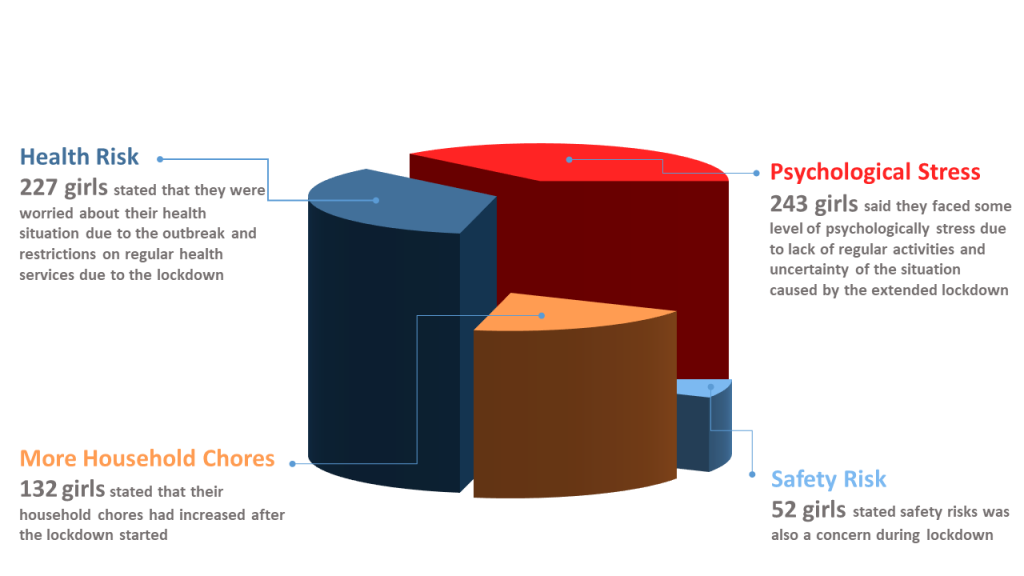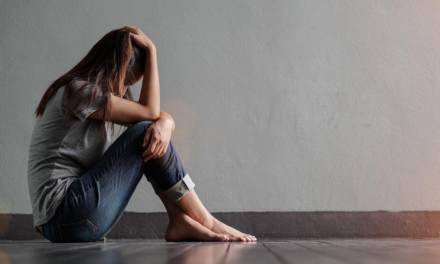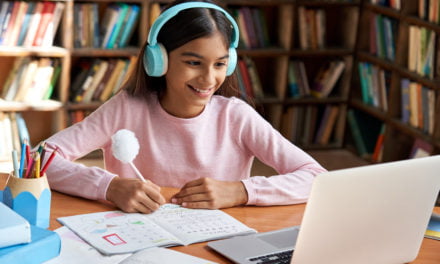The impact of the lockdown on safeguarding is starting to show – with a number of reports showing a rise on phycological stress and safety concerns among young people.
EDLounge reported in June that schools were braced for a “tsunami of safeguarding disclosures” when schools reopened.
Safeguarding Week 2020 has taken extra significance due to the unprecedented circumstances, according to the Chair of North Yorkshire’s Safeguarding Adults Board (NYSAB).
This blog post takes a look at the impact on lockdown and what teachers can do to spot flags.
What has been the impact of lockdown on safeguarding?

According to Mercy Corps psychosocial stress was affecting the majority of girls during lockdown.
The report states:
The extended lockdown and the continued fear of the outbreak has evidently had an impact among project participants and school going students. The restrictions due to the lockdown, lack of daily regular activities and uncertainty of the situation has caused some level of psychological stress while the overall situation has increased susceptibility of risks of abuse, domestic violence and other forms of harassment.
Psychological stress
According to the report, 56% of girls said they were coping with psychological stress during the period – largely comprising concerns of the uncertainty of the situation, the fear of the outbreak and lack of regular activities.
50% of girls surveyed found that the indefinite postponement of school was a contributing factor to rising psychological stress.
Safety concerns
The survey also found 12% of respondents voiced safeguarding concerns during lockdown.
What does safeguarding mean?
North Yorkshire County Council says:
Safeguarding means working together to stop abuse and prevent it happening in the future – everyone has a right to live a life that is free from abuse and neglect. The aims of Safeguarding Week are to emphasise that everyone has a role to play in spotting the signs of abuse, encourage the public and professionals in all walks of life to be aware of the many forms abuse can take, and what to do if they are worried about someone.
Dr Sue Proctor, Chair of North Yorkshire’s Safeguarding Adults Board (NYSAB) said:
Abuse and harm can take many different forms and the fact many people have been at home during the lockdown could amplify the opportunity for such harm to be inflicted. It’s so important to reiterate to everyone how to identify someone who may be at risk, but also what to do with that information and the importance of highlighting it.
Safeguarding is everyone’s concerns and could have a long term impact.
How can schools spot the impact of lockdown on students?
The NSPCC has urged teachers to be extra vigilant for signs of neglect.
Peter Wanless, Chief Executive of the NSPCC said:
With schools closed its not just education that children have missed out on.
Many will have lost the only place they feel safe and access to the only adults they can trust. Moreover, we know that children who have had traumatic experiences find it hard to engage academically.
We know that schools play a key role in protecting children, so we are working to ensure all children can return in September and are also looking at how to support the safety and wellbeing of vulnerable children by expanding the number of social workers placed in schools to help teachers identify any children at risk.
At the same time, we have encouraged schools to focus on mental wellbeing as pupils return, published a list of mental health resources to help those supporting children at home, and will be running webinars for schools to provide further support to education settings as pupils return to school to help promote and support positive mental health.
How EDClass can help
For students studying via our online platform a wide range of safeguarding mechanisms are provided.
Eyes-on learning means that our highly trained teachers can report any concerns they may see onscreen via the webcam connected.
Pupils also have access to alert mechanisms as well as instant chat and questions and answer sessions. They can also ask for assistance anytime face-to-face with teachers.
All EDClass staff have been enhanced DBS checked and receive regular and extensive safeguarding training.
Click here for more information.
Find out more about Safeguarding Week here.
For more information call 01909 568338 or email mail@edclass.com.









